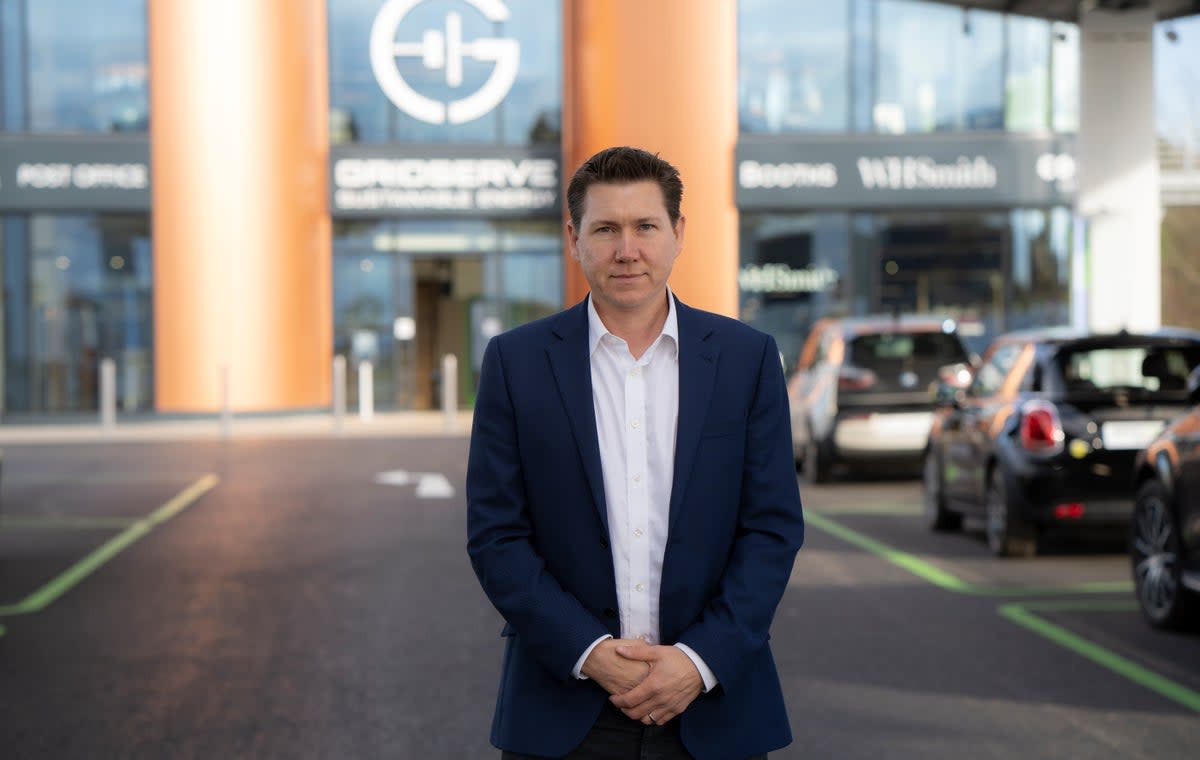Toddington Harper: waiting to go electric is a fatal mistake

I often hear people saying maybe they’ll get an electric car someday soon. Definitely their next car. No rush. Maybe they’re waiting for that mystical day when hydrogen vehicles might somehow make sense? Or wait until the range improves?
But waiting is fatal. In April the Intergovernmental Panel on Climate Change alerted the world that we have less than 1,000 days to reach peak carbon emissions and start reducing them to give the world a chance of limiting future heating to 1.5C above pre-industrial levels.
Why is everyone so fussed about 1.5 degrees? Well, at 2 degrees of warming, 99 per cent of the world’s coral reefs will almost surely die, and that is where we are heading if global emissions don’t peak before 2025 – less than 1,000 days away.
We are sleepwalking into catastrophe.
I’m often asked about whether we will be ready for 2030 when the sale of new petrol and diesel cars is going to be banned. We will. But 2030 is around 2,700 days from now, so if it takes us that long, we will drastically overshoot this deadline.
We need to act now â and it has to be us. The timeframes are so tight that we can say with absolute clarity that we are the only people in the history of humanity who will have this window of opportunity to move the needle on climate change.
But we don’t seem to be seizing this moment with both hands, let alone with the Herculean commitment that we need to protect our planet. Instead, it feels like we are sleepwalking, but with open eyes, into catastrophe.
And it’s not like driving an electric car requires any kind of painful self-sacrifice any more. EVs are awesome right now. They are now cheaper than petrol cars over their life cycle, more enjoyable to drive and, incredibly, they lose substantially less value when you drive them out of the showroom.
Our industry is addressing ‘charger’ anxiety, ensuring we have the right number of suitable chargers where they are needed.
I’ve been driving EVs since 2014 and for good reason I had range anxiety back then as there weren’t enough chargers to travel the distances I wanted to easily. Today, there is no ‘range’ anxiety – I’m never very far from a charger. Instead our industry is now addressing ‘charger’ anxiety, which is essentially about ensuring we have the right number of suitable chargers at each location where they are needed.
There is a small number of companies doing most of the charger installations across the country, and we’re building them fast. In the past 10 months alone, Gridserve has upgraded more than 160 charging locations including across 85 per cent of the motorway network, built seven new high-power Electric Super Hubs at motorway service stations and opened a brand new Electric Forecourtin Norwich.
What’s slowing us all down is the bottleneck in new connections to the national grid that superfast chargers and electric hubs need. But we are overcoming that, and the transition is accelerating rapidly .
One day, our grandchildren will judge us
I am convinced that the electric vehicle transition is in the process of following a similar path to that of mobile phones. Until the iPhone came along most of us didn’t consider anything other than what the next Nokia model would be. A few years later we’d migrated almost entirely to smart phones, and Nokias fast became a distant memory.
The same thing is happening with electric vehicles and we’re already well on track to make the electric experience so much better than filling your car with petrol or diesel. At electric forecourts you can use your mobile phone, don’t have to hold the hose, can take a relaxing break and you will certainly not miss the smell – and the oiliness – of a petrol station.
One day, our grandchildren will judge us on how well we rose to this unique occasion. They will not forgive us if we say: ‘Well, I meant to get round to it but I was waiting.’
Waiting for what?
To find out more about the ES campaign for electric cars visit standard.co.uk/plugitin


